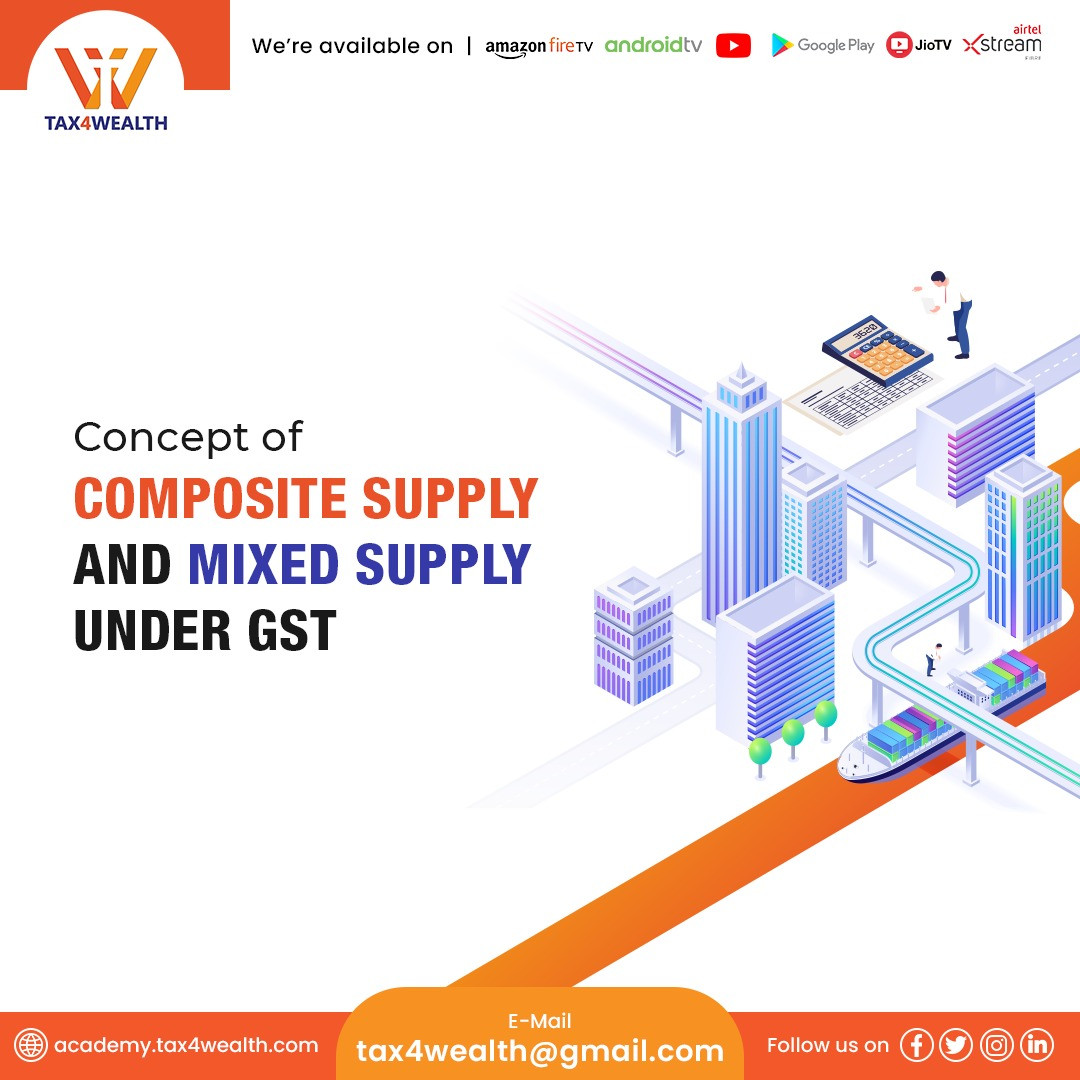
What is Tax Invoice under GST?
It is necessary to understand that the value of the supply of Goods and/or Services will be the price that is actually paid or to be paid for the said supply of goods or Services or both. It becomes necessary to create a scenario where the Supplier and the recipient of the supply are not codependent on each other. The price must be the sole Scrutiny for the supply and the fair Market value for the Goods and/or Services.
An Invoice under GST is a bill containing the details of Supply of Goods and/or Services. It is a necessary document for the recipient as well and acts as evidence.
Furthermore, A GST Registered person must provide GST Invoice, commonly known as GST Bill, to the Customers for the Supply of Goods/Services.
What is GST Invoice and How to Issue it?
A GST Invoice or a GST bill is an index of goods sent or Services provided along with the amount of payment due.
A GST Registered Taxable person must issue a Tax Invoice to the customer at the time of making the supply of Goods or Services or both. Under GST, the Tax invoice must include the basic details about the Supplier and Customer both, the description of the product/service, the quantity and Market Value, the percentage and the amount of Tax to be charged and other particular that needs to be included.
Furthermore, where a supply is made for a consideration, the person liable to pay the Tax is required to mention the particulars of the Tax Invoice, the Tax amount and other like documents, under all the documents relating to assessing such consideration.
After the issuance of the invoice at the time of supply by the GST Registered Person, they’re allowed to issue a revised Tax Invoice against the invoice that has been issued before.
Click here to know more about 👉🏻 GST Registration
Issuance of Bill of Supply:
In case, where GST Registered Taxable person deals with Non-taxable Goods/services, the Supply of such requires a Bill of Supply inclusive of details like description and the quantity, instead of a Tax invoice.
Issuance of Credit Note:
The Supplier of Goods and/or Services is required to issue a Credit Note to the recipient in the case, where a tax invoice has been issued for a supply with a Taxable value and/or Tax charged exceeding the actual Taxable Value and/or Tax Payable. The Credit Note is to be issued before the 30th of September following the end of the Financial Year in which the supply was made or the date of the annual return, whichever may be earlier.
Issuance of Credit Note:
The Supplier of Goods and/or Services is required to issue a Debit Note to the recipient in the case, where a tax invoice has been issued for a supply with a Taxable value and/or Tax charged is less than the actual Taxable Value and/or Tax Payable. The Debit Note is to be issued before the 30th of September following the end of the Financial Year in which the supply was made or the date of the annual return, whichever may be earlier.
Adjustment for Credit and Debit Note
A GST registered person is required to implicate the details of a Credit or Debit Note, in case there has been an issuance made or has received such a note, regarding the Supply of Goods or Services or both, in the return for the month in which such Credit Note has been issued or a Debit Note has been received or in the return for any succeeding month but not later than the end of September after the end of the financial year, in which the supply of such goods or services was made, or the date of filing of annual return, whichever is earlier. The tax liability would be affected based on the submission of details of Credit or Debit Notes.
For more info, Visit us at: https://academy.tax4wealth.com/
Related News
No comments yet, Be the first to comment.













